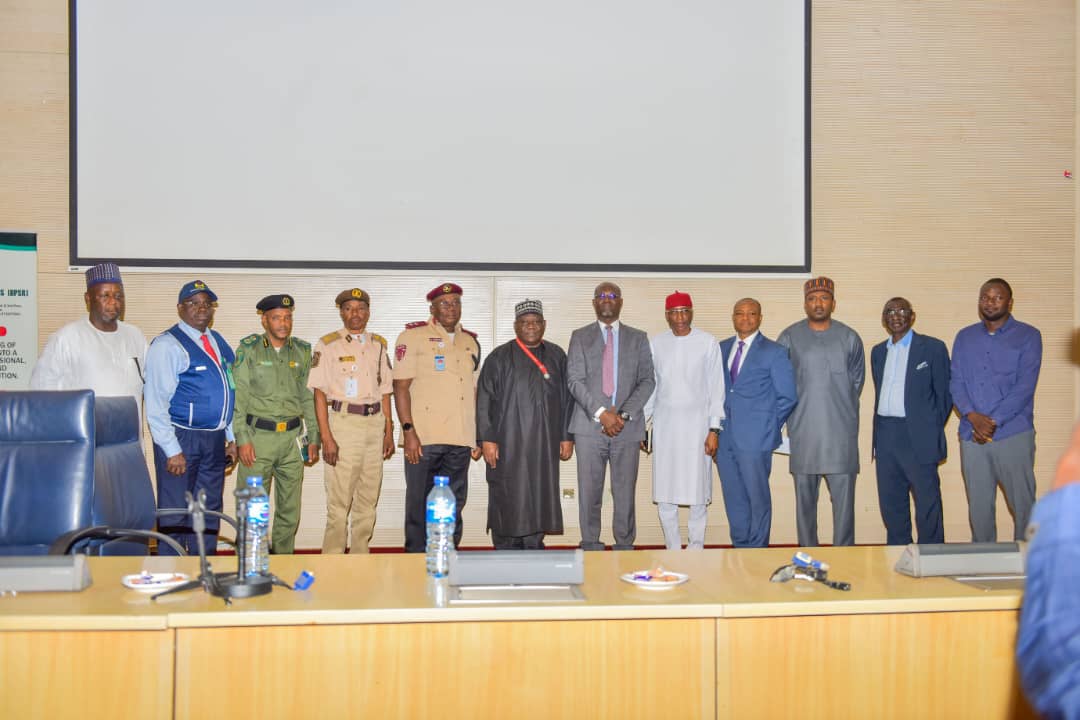The Center for Fiscal Transparency and Public Integrity recently participated in the Bureau of Public Service Reforms (BPSR) Lunchtime Seminar on “Harnessing Green Economy Initiatives for Sustainable Development.” The paper, presented by Dr. Emomotimi Agama, the Director-General of the Securities and Exchange Commission, highlighted the importance of responsible use of natural resources for sustainable development.
Dr. Agama underscored the potential of a green economy and noted that embracing renewable energy sources like solar and wind can significantly reduce Nigeria’s carbon footprint and mitigate the effects of climate change. Additionally, he pointed out that safeguarding biodiversity and conserving natural resources are essential to ensuring long-term ecological balance.
Despite the enormous potential of green economy, the Center holds that transparency and accountability must be at the core of Nigeria’s efforts. The transition to a green economy involves significant investments in various sectors, including renewable energy, sustainable agriculture, green infrastructure, and waste management. Without transparent processes and accountable governance, these investments may fail to achieve their intended impact, leading to inefficiencies or corruption.
Transparent policymaking is critical in creating an enabling environment for green initiatives. This involves developing clear regulations, coherent policy frameworks, and efficient implementation mechanisms that encourage investments in sustainable practices. Inconsistent policies and regulatory gaps can undermine the effective deployment of green projects, as emphasized by the Director-General of the Bureau of Public Service Reforms, Dr. Dasuki Arabi.
It is important to also state that public-private partnerships (PPPs) play a crucial role in mobilizing the financial and technical resources required for a green economy, hence, by ensuring transparency in these partnerships, Nigeria can attract private sector investments and innovations necessary for green projects.
The Center is committed to supporting stakeholders’ efforts and advocating for policies and practices that promote openness and accountability in Nigeria’s journey toward a greener future.

